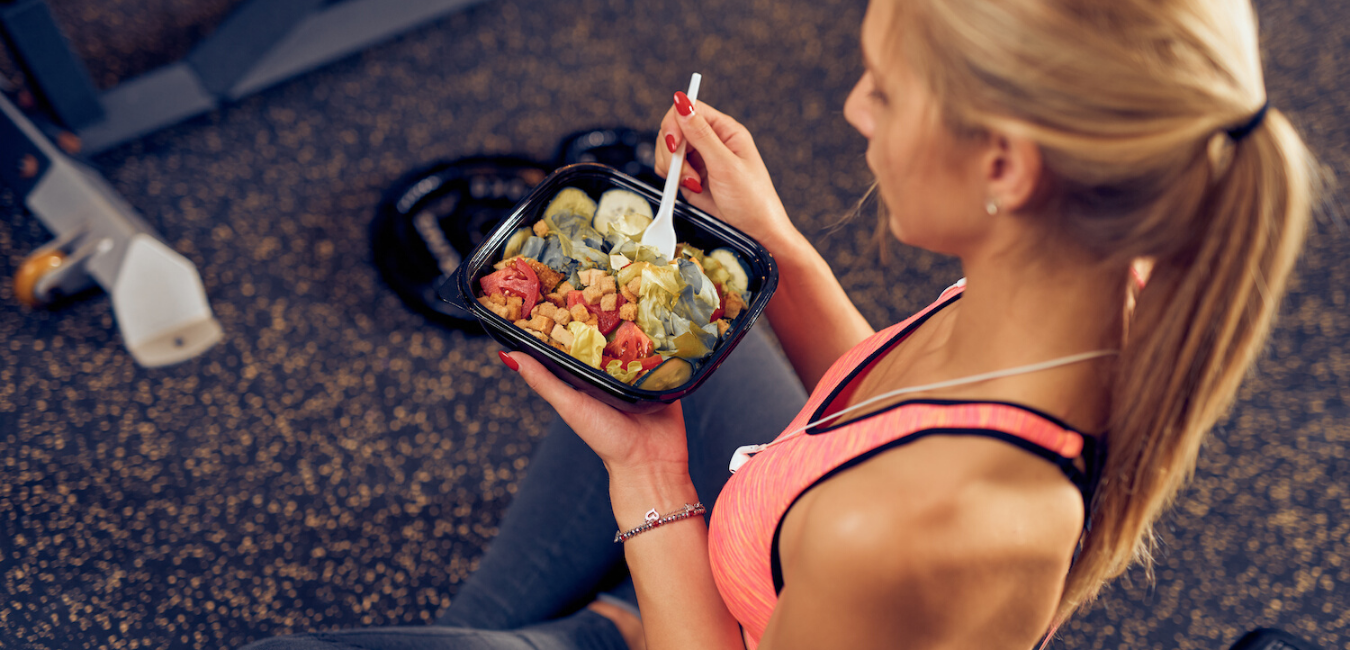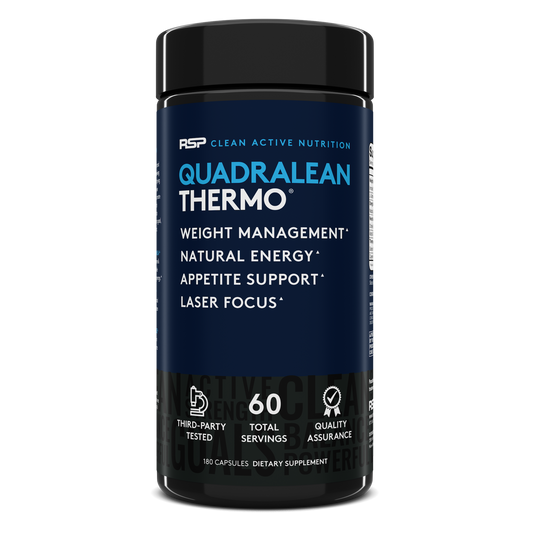By Registered Dietician Tony Castillo
While I was getting my Masters in nutrition, I saw celebrities trying to get jacked through fasting. Since I was waist-deep in my nutrition education, I wanted to learn more about it. My research led me to discover that fasting isn’t new; it’s actually been around for years and is done for both health and religious reasons.
Today as a sports dietitian, I often hear from athletes that they’ve tried fasting because they don’t have time in their schedule to eat.
Fasting has become a fad, though it’s not a diet because it doesn’t tell you what to eat or how much to eat. Fasting is more of a strategy that gives you time blocks of when to eat.
There are several different forms of fasting. They include:
- 16:8 - Fast for 16 hours a day with an 8-hour window to eat
- 5:2 - Fast for 5 days a week, eating about 500-600 calories, and eat normally for the other 2 days
- 24-hour fast - Don’t eat anything for a full day and do this once or twice a week
- Alternate day fasting - Eat every other day or you can have a few hundred calories on the days you fast
What happens when you fast?
Your body adjusts its hormone levels to make sure some of your stored fat is more accessible. This is good for your human growth hormone (HGH) because it can lead to more fat loss and muscle gain.
Here are some other changes that occur when you fast:
- Your levels of HGH can increase.
- Your insulin sensitivity can improve. Improved insulin can help your body use more fat as energy, which is good for fat loss.
- Your levels of insulin can drop. Lower insulin levels mean your body can access stored body fat a little bit easier.
Does fasting actually work?
Fasting can work if you’re someone with a busy schedule. Keep in mind, though, that it’s not a long-term solution to weight loss. It may work because you’re in a calorie deficit, or eating less than what you need.
Eating less, however, isn’t an effective way to fuel your body. My favorite analogy to use is driving a car cross-country. Before driving, you’d want to fill your tank up with gas, just as you would want to fuel your body with food.
If you’re fasting, be careful with how much physical activity you do since you’re likely not going to have enough energy for an intense workout.
Something else to keep in mind is if you’re stuffing your face during those eating windows, you’re probably not making progress towards your goals. Try to plan out what you’re doing to eat and make sure it’s going to help you succeed, not hold you back.
Remember there are no strict rules on how or when to break your fast. Some people look at the clock and avoid eating at 12:40 because they think they have to wait until exactly 1:00. It’s okay; you can eat something.
Fasting isn’t for everyone
This is important to remember. If you’re someone who gets enough sleep, eats nutritious food, and exercises regularly, you could try fasting. Just make sure you stay aware of your response to it; is it something you enjoy and can sustain? If not, don’t continue.
Now who shouldn’t fast?
Studies have shown that fasting may not be as beneficial for women as it is for men. One study even revealed that insulin sensitivity improved in men, but worsened in women. Fasting can sometimes cause amenorrhea, which is when a woman’s menstrual cycle stops. This could lead to bigger issues like infertility. If you’re pregnant or breastfeeding, you definitely don’t want to fast.
You also shouldn’t fast if you have any of the following:
- Diabetes
- Issues with blood sugar regulation
- Low blood sugar
- History of amenorrhea
- History of an eating disorder
Always be sure to talk with a healthcare professional to see if fasting is right for you.
Fasting Q&A
People looking to try fasting often have questions before they start. Here are some that I’ve been asked:
Q: Can you drink liquids?
A: Typically during a fast you can have water, coffee, tea, or other non-caloric beverages. Remember, though, you can’t add sugar, cream, or milk to the coffee or tea.
Q: Can you take supplements?
A: You can, but it’s best to take them at meal times. During times of fasting you want to take supplements at meal times to increase their effectiveness because most supplements are better absorbed with food.
Q: Can you workout?
A: Yes, but it’s recommended to wait until you have food in your body. Exercising on an empty stomach means you may not have energy. You might even feel lightheaded or dizzy, putting yourself at risk for injury. It’s important to ensure you’re properly fueled for your workouts so you perform at your best.
Q: Will fasting cause muscle loss?
A: It can if you’re not fueling properly. Muscles need fuel to recover and protein to repair. Fasting can cut back on the proper food your muscles need to stay on and grow.
Q: Should kids fast?
A: Absolutely not.
Fasting is tricky and not just anyone should try it. There are many factors to take into account depending on your lifestyle and medical history.
Instead of fasting, it’s better to find a long-term plan that works for you where you eat more frequently to fuel your body for the day.






